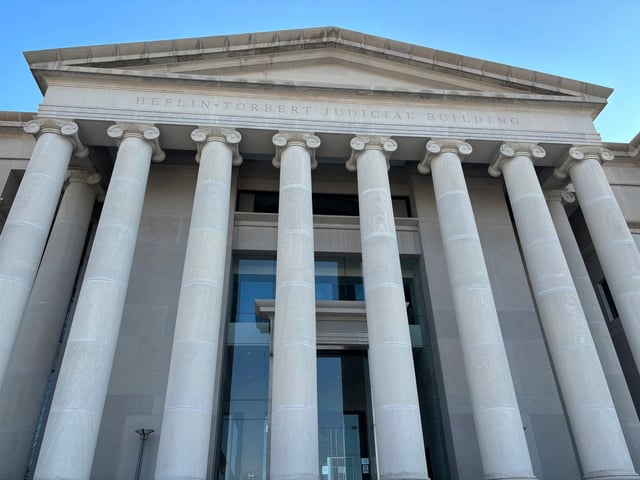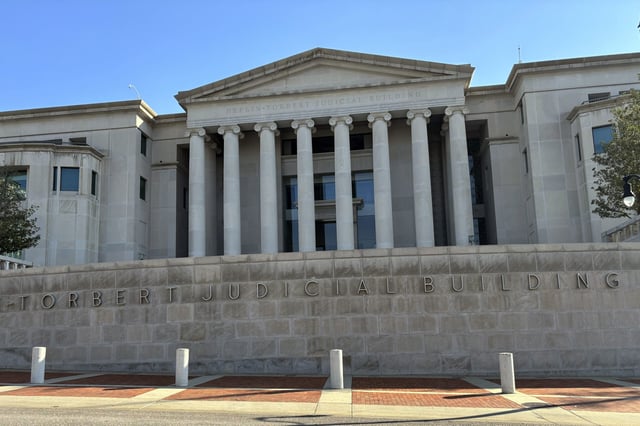Overview
- Alabama Supreme Court rules frozen embryos as 'children', impacting IVF treatments and stirring national debate.
- Patients and IVF providers in Alabama face uncertainty and halt procedures following the court's decision.
- The ruling has sparked a political divide, with some Republicans supporting IVF access and Democrats seeing an electoral opportunity.
- Former President Trump and other GOP figures express support for IVF, amidst concerns over reproductive rights.
- The decision raises ethical and legal questions about the status of embryos and the future of reproductive technology in the U.S.



